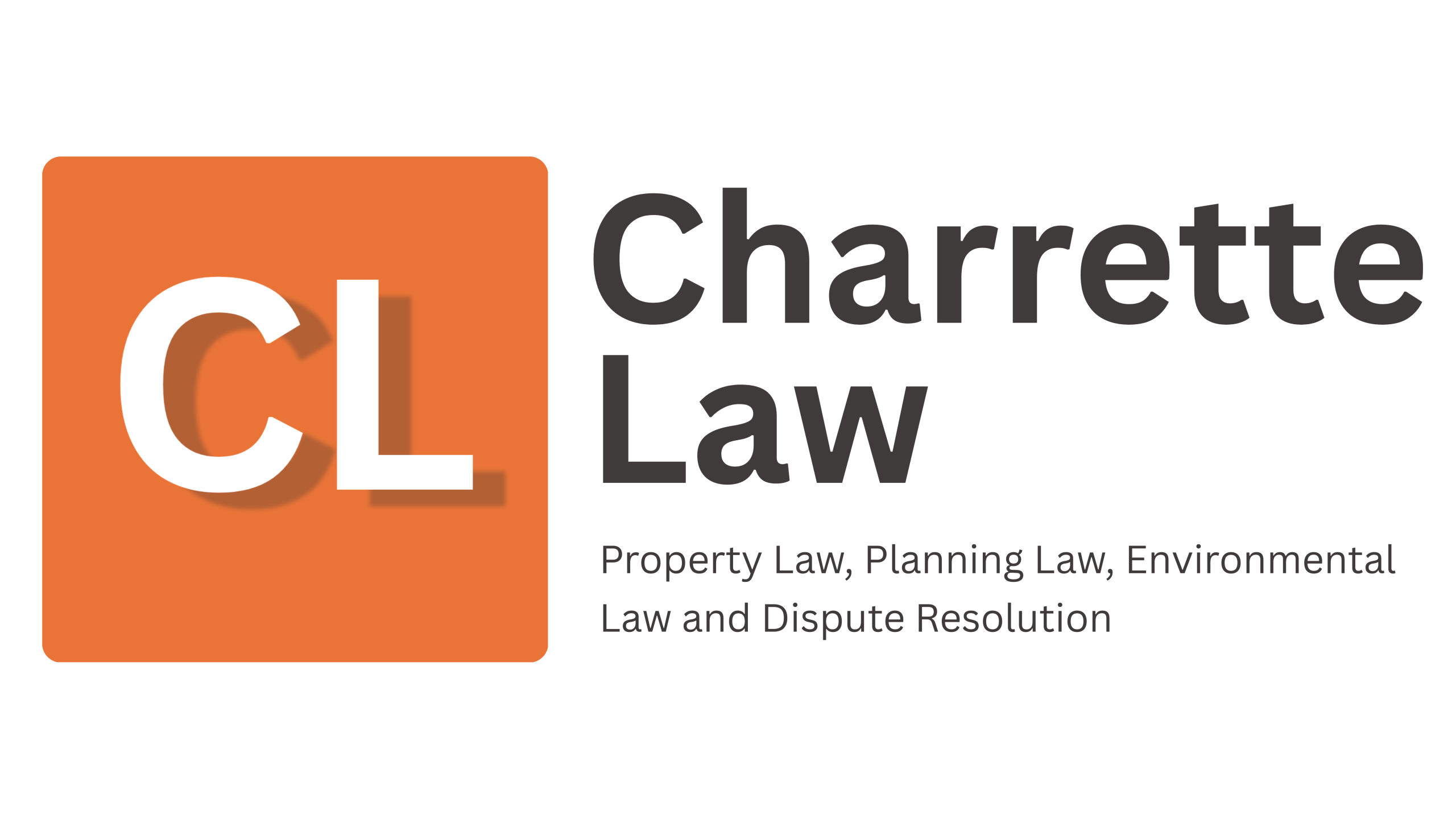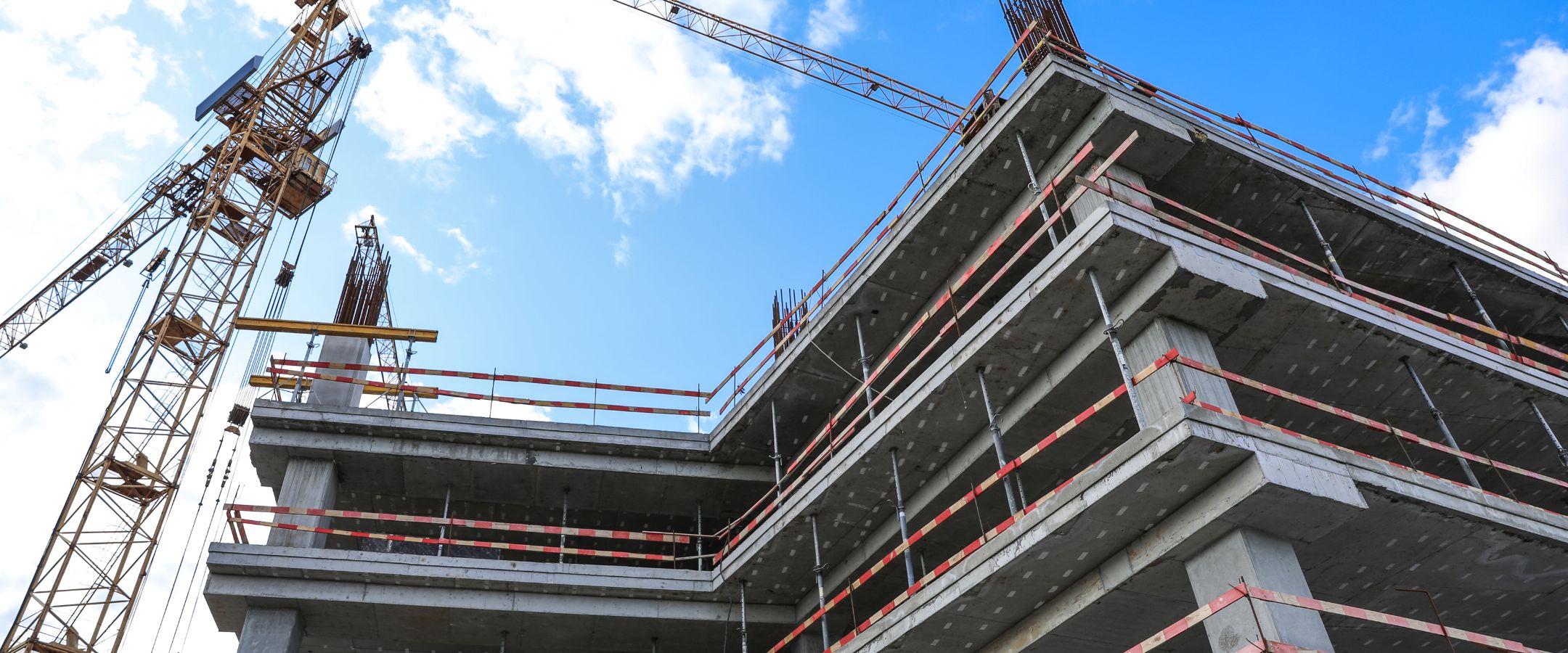Whether you’re building a new home, expanding, or making changes, UK Building Regulations define construction safety and responsibility. Here’s a concise guide to help you navigate these essential standards.
Legal Compliance
- Building Regulations: Essential for all construction projects, ensuring safety and energy efficiency.
- New Builds vs. Renovations: New homes face more regulations than minor alterations.
- Home Alterations: Projects like drainage, heating, insulation, or electrical changes might need further approvals. Some can self-certify, but professional verification is recommended.
Planning and Inspections
- Building Inspectors: Required to ensure compliance with standards like energy performance, structural integrity, and safety.
- Local Authorities: Offer fee calculators to estimate costs based on project complexity.
- Full Plan Applications: For large projects, this thorough review helps prevent costly delays and safety issues.
Approval Process
- Inspector Roles: Both local and approved inspectors verify compliance, but only local authorities can enforce changes.
- Cost Comparison: Minimal difference between local and private inspectors. Both must re-register every five years.
- Homeowner Responsibility: Ultimate compliance responsibility lies with the homeowner, even if tasks are delegated to builders.
Final Steps and Compliance
- Completion Certificate: Essential for legal and financial reasons, such as selling the property or securing funds.
- Required Certifications: Must include safety ratings and service installations, validated by inspections at key stages.
By following UK Building Regulations, you ensure your construction project is safe, compliant, and future-proofed for financial and legal requirements.
Your Next Step
Contact us today for an in-depth consultation! Our team of experts is dedicated to demystifying the planning process and guiding you through each step, ensuring your extension project is both successful and stress-free.

